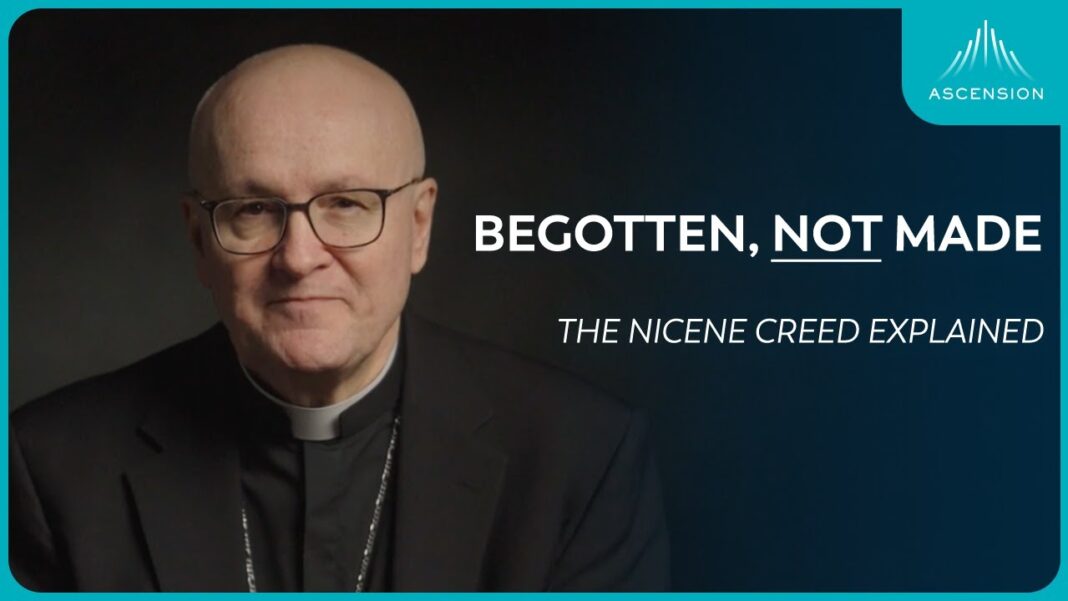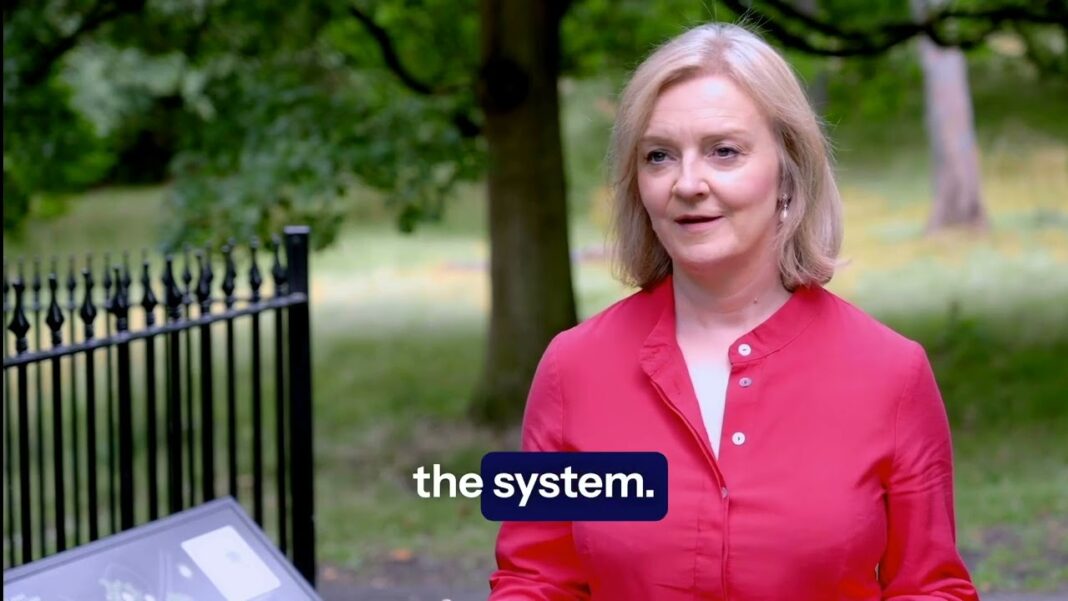Anniversaries recall pivotal times. They are society’s way to dust off selective memories and polish them with partisan varnish, while romanticizing about collective harmony.
2025 has witnessed its share of such anniversaries that include the 80th observance that ended World War II and the dropping of the atomic bombs. The 60th birthday of the Voting Rights Act. The 50-year remembrance of the first summer blockbuster movie that transformed Hollywood: Jaws. The 45th anniversary of the U.S. hockey team’s Olympic upset over the Soviets and the 30th anniversary of Windows 95 that reconditioned computing.
One anniversary that got less recognition than all of them put together was the 1700-year observance of the Council of Nicaea and its resulting Nicene Creed that not only advanced Christianity but cultivated the foundation of Western Civilization.
In the fourth century, Arius, led a movement that denied the divinity of Jesus Christ. To denounce the heresy, the Church convened a council of nearly 300 bishops from across the Roman Empire, with Emperor Constantine playing a pivotal role in organizing and supporting the proceedings at Nicaea in 325 (present day Iznik, Turkey).
The Nicene Creed was the fruit of that council having been born of scripture and tradition and forged in the fires of dogmatic debate; it is central to Christian doctrine.The Council Fathers codified Christian dogma declaring Jesus embodies full divinity and full humanity.
“I believe in one God, the Father almighty, Maker of heaven and earth, of all things visible and invisible.” These opening words of the Nicene Creed are among the most important and oldest statements of Christian belief outside the Bible. In the Gospel of John, the first sentence clarifies the Son is the agent of creation and the eternal God Himself.
C. S. Lewis describes this as the central event of human history when the Son took on humanity, a mortal body from the Virgin Mary and a soul untainted by Adam’s sin. Jesus is the fulfillment of the ancient promise, “My dwelling place will be with them. I will be their God, and they will be my people.”
For a 4th-century declaration, the Nicene Creed anchors Christian doctrine across denominations.
Creeds endure because human nature desires clarity, cohesion, and continuity. Whether religious, philosophical or political, creeds distill complex ideas into concise statements as formal declarations of shared values and truths. Creeds are short enough to memorize and deep enough to mold and unify.
To the early Christians that extends through to today, the Nicene Creed is the means through which believers are recognized amidst an army of pagans and heretics, while demonstrating unity with Christians around the world and down through the centuries.
In a disposable, consumerist culture, the creed preserves ancient tradition and reciting it is countercultural. In a world that encourages novelty, we repeat words spoken through the ages. In a society that avoids commitment, the creed binds people together in covenant with God and each other. In an age that denies absolutes, we claim truths so important that they must be repeated.
When we profess the Nicene Creed, we are part of that countless multitude throughout the centuries stretching back to the Upper Room in Jerusalem. This includes courageous martyrs, valiant theologians, heroic saints and selfless missionaries — all of whom share the tradition given to us by the Apostles and handed down in the Church.
In November, Pope Leo XIV and Ecumenical Patriarch Bartholomew of the Eastern Orthodox Church will journey to Iznik, Turkey to commemorate the council. While Catholic, Eastern Orthodox, and Protestant Christians still disagree on certain doctrines, this anniversary should serve as a reminder of the bedrock truths that bind all Christians together.
To believe is to belong.
A long time ago a young Marine was informed by a Navy Chaplin that the Rifleman’s Creed will save your grove thing, while the Nicene Creed will save your soul.
Western Civilization has systematically divorced itself from the Nicene Creed. Among the pagan West, provided the Nicene Creed were put up for a vote, it wouldn’t pass. Anything less than a relationship with God will not sustain a soul or a civilization. The truths embedded in the Nicene Creed has the power to save the West provided we believe and proclaim it.








